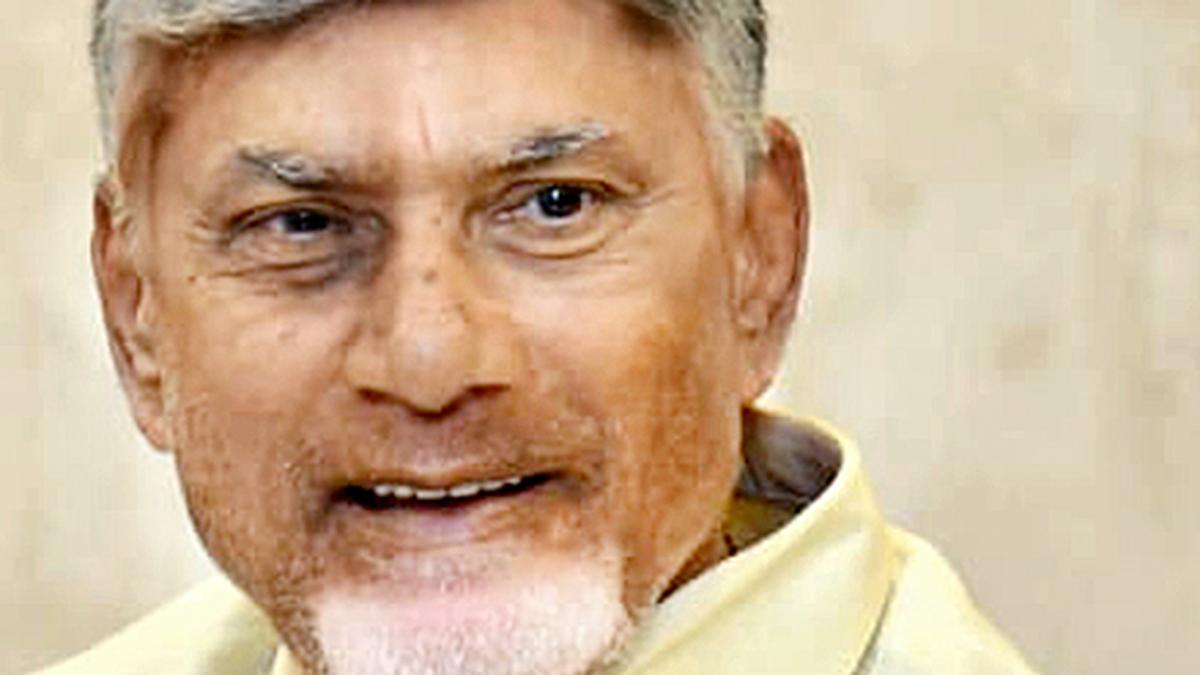ARTICLE AD BOX

Microsoft CEO Satya Nadella received a record-breaking $96.5 million compensation package for fiscal year 2025, marking a 22% increase from the previous year's $79.1 million.
The substantial pay raise comes as the Redmond giant positions itself as a leader in artificial intelligence, with the board crediting Nadella's strategic vision for the company's exceptional performance.According to Microsoft's proxy filing, the bulk of Nadella's compensation—approximately $84.2 million—came from stock awards tied to the company's market performance. His package also included a $9.5 million cash bonus, a $2.5 million base salary, and roughly $196,000 in other benefits.
AI investments drive Microsoft's revenue surge to $281.7 billion
Microsoft's board emphasised that more than 95% of Nadella's compensation is performance-based, with shareholder returns and growth metrics serving as key determining factors. The company delivered impressive results for fiscal 2025, achieving a 15% revenue increase to $281.7 billion and a 16% jump in net income to $101.8 billion.The compensation committee highlighted that products like Azure and Copilot were instrumental in driving these strong results. The board stated the performance "demonstrates that Satya Nadella and his leadership team have positioned Microsoft as a clear artificial intelligence leader for this generational technology shift".
Microsoft’s stock performance reflects decade of leadership under Nadella
Since becoming Microsoft's third CEO in 2014, Nadella has overseen significant growth in both company performance and his own compensation. His total pay has risen dramatically over the past decade—from approximately $18 million in 2015 to $55 million in 2022, before reaching this year's record high.Microsoft's stock has risen 23% this year through Tuesday's close, outperforming the S&P 500's 15% gain. Last year, Microsoft became the second company to reach a $3 trillion market cap, joining rival Apple. The company has invested over $13 billion in OpenAI since 2019, though it recently announced plans to become more self-sufficient in AI infrastructure.

 9 hours ago
5
9 hours ago
5









 English (US) ·
English (US) ·